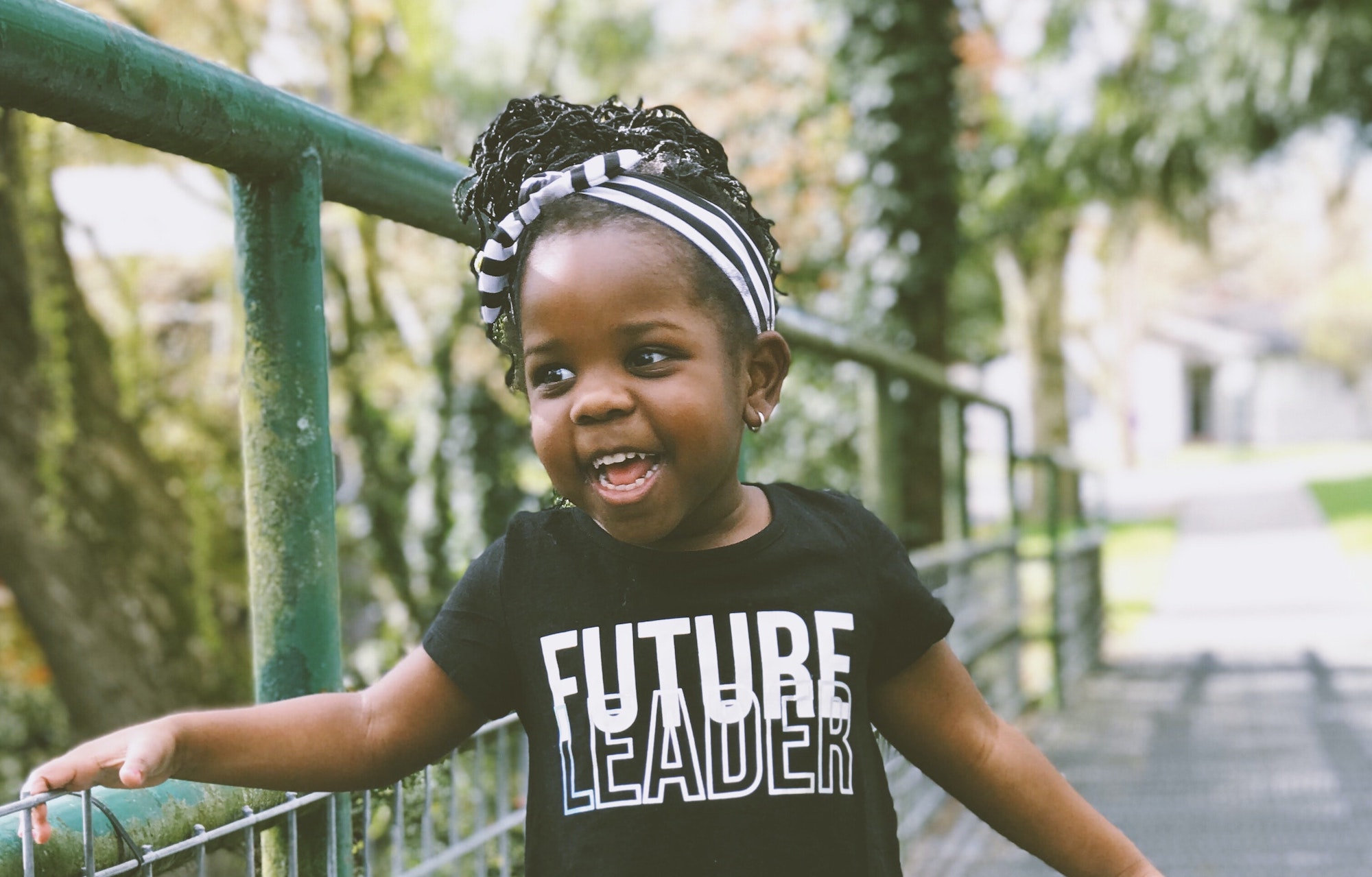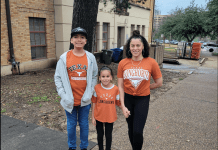In 1990, Dr. Rudine Sims Bishop wrote, “Literature transforms human experience and reflects it back to us, and in that reflection we can see our own lives and experiences as part of the larger human experience. Reading, then, becomes a means of self-affirmation, and readers often seek their mirrors in books.” Children especially always find these mirrors in literature, as they learn much about the world around them in the books we read to them. But as we collectively awaken to the realities of racism flowing deeply within the veins of our society, our children’s bookshelf is one place we cannot ignore. Our current landscape of children’s books is far from a reflection of the world they live in. Creating diversity in our home libraries is more important than ever!
 Lack of Representation
Lack of Representation
Statistics compiled by the Cooperative Children’s Book Center revealed that of an inventory of 3,134 children’s books published in 2018, a very small percentage depicted characters from diverse backgrounds: 10% were African or African American, 7% were Asian Pacific Islander or Asian Pacific American, 5% were Latinx, and 1% were American Indians or First Nations. By contrast, 27% of children’s books featured animals or other characters, and 50% of books depicted white characters.
RELATED READING :: Ending Racism Starts at Home
Lack of diversity is problematic not just for underrepresented children — it also extends to white children. We Need Diverse Books™, a 501(c)(3) non-profit organization dedicated to creating change in the lack of diversity of children’s books, writes, “For white children, they also suffer from not seeing the true nature of the world around them. It can distort the world around them and their connections to other humans. All children can learn from the richness of culture.” Diversity, according to WNDB, “is included but not limited to LGBTQIA, Native, people of color, gender diversity, people with disabilities, and ethnic, cultural, and religious minorities.” Adding representation of each of these groups to our children’s bookshelves can greatly enrich their view of the world around them, aiding in difficult discussions with children about racism and discrimination.
Curating Your Bookshelf
There are fortunately many organizations and resources available to parents seeking to diversify their children’s bookshelf. Social Justice Books offers many resources and book lists for parents. More than 60 book lists are available by category, ranging from Afro-Latinx to Gender Identity to Early Childhood Anti-Bias. Social Justice Books was recently featured on CNN’s Sesame Street Town Hall as a resource for parents teaching young children to be anti-racist.
Lauren of Happily Ever Elephants offers an introspective look at the importance of LGBTQ+ children’s books on our bookshelves. A curated list of books for a wide range of ages is also available. Family Equality’s Book Nook offers an extensive resource of recommended reading that represents LGBTQ+ families. Lists are separated by age group, from early elementary to adults and parents.
Multicultural Children’s Book Day is an annual event coordinated by children’s book authors Valarie Budayr and Mia Wenjen to help raise awareness for children’s books that celebrate diversity. Their website offers many resources for teachers and parents, including diversity books lists and activities.
Summertime Reading
To enrich summertime reading, We Are Kid Lit offers diverse book lists for a wide range of ages, from picture books to adult crossover. We Need Diverse Books lists recommendations of diverse books based upon popular youth books. And Brittany Smith, a pre-kindergarten teacher in New Jersey, shared her recommendations for anti-racist books in a viral Twitter post.
Locally, Bookpeople offers an anti-racist reading list for young readers. The Conscious Kid, in partnership with Moms of Black Boys United, provides a list of 25 children’s books celebrating Black boys: “These books center, reflect, and affirm Black boys, and were written and illustrated by Black authors and artists.” The Every Mom has published an extensive list of 50 Children’s Books that Celebrate Diversity. Book Riot provides an article highlighting 30 Children’s Books About Diversity that Celebrate Our Differences.
As we continue to unlearn and learn about racism in our society, may we not forget to pass our lessons on to our children. One of the most effective methods of teaching children is with the power of stories. Cultivating a childhood bookshelf filled with diverse stories and perspectives is one powerful way we can continue to remain activists in our society.









